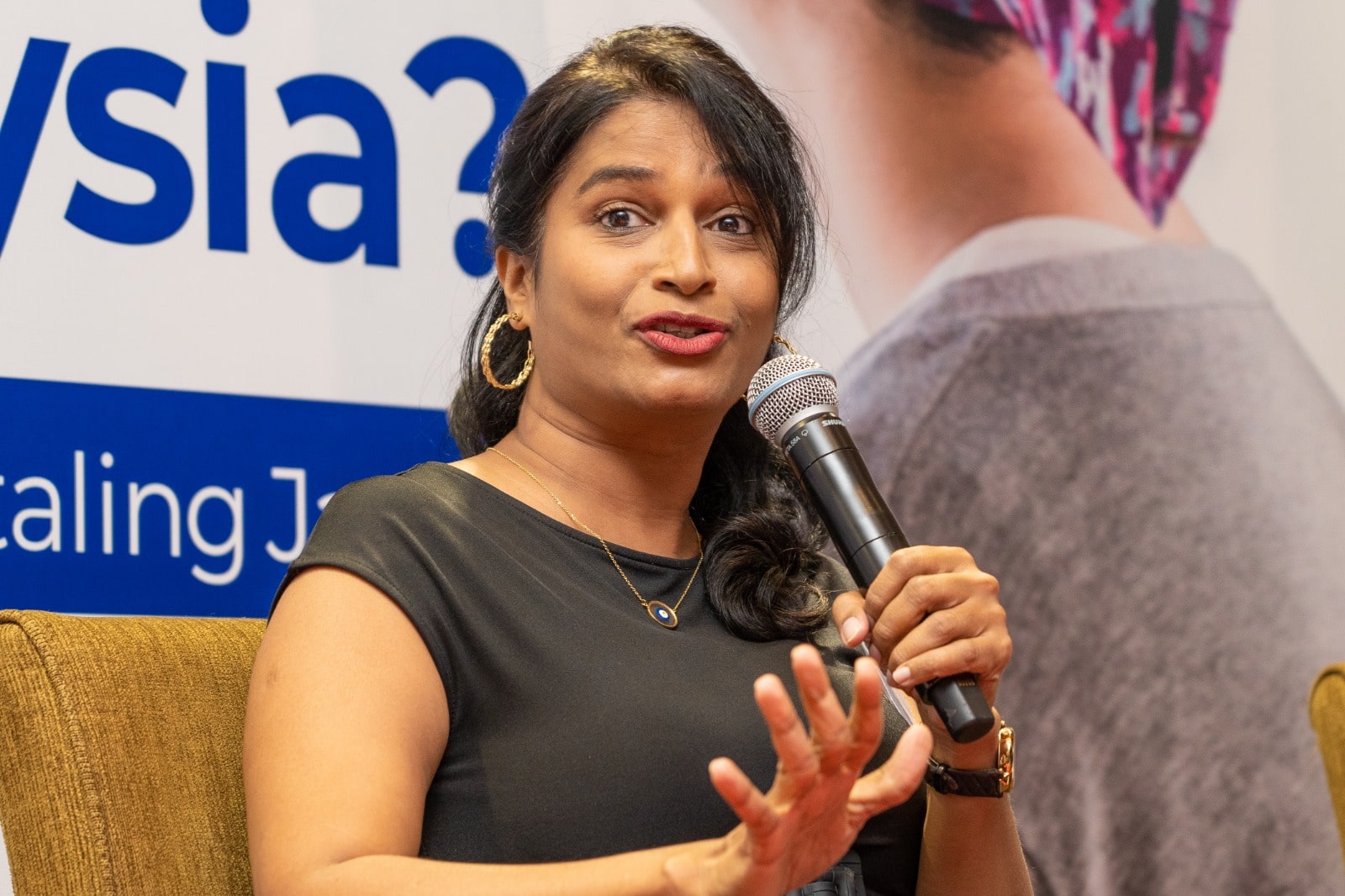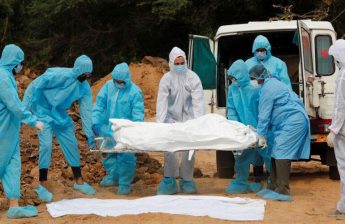PETALING JAYA, May 19 – A cancer epidemiologist has criticised private insurers for allegedly making it extremely onerous for cancer patients to access insurance benefits amid the rising cost of care.
Prof Dr Nirmala Bhoo Pathy, who is also a public health physician at the University Malaya Medical Centre (UMMC), said cancer patients are frequently forced to provide extensive evidence of their illness in order to qualify for coverage, which can result in delays in receiving vital treatment.
Dr Nirmala gave stakeholders – those responsible for supporting cancer patients – a “D” grade for not doing enough to provide convenient access to necessary resources for patients and their caregivers.
“Patients say they find it extremely confusing. They are so frustrated and are always in tears. It always evokes tears also for me. I’ve cried with patients, because it’s terrible. They have to prove so hard to get yield, to get that benefit.
“And that’s where I think the onus should not be on patients or their caregivers, but an external person who can help them access these resources,” Dr Nirmala said at the Oncology Summit 2023, organised by the Galen Centre for Health and Social Policy and supported by Takeda Malaysia, on March 10.
“From the organisational level, they (stakeholders who are supposed to serve patients) need to make it more people-friendly. And from the outside, we need to have individuals helping patients. I think financial navigators can play a role.”
Understanding Insurance Policies Crucial For Access To New Drugs
Dr Nirmala said that the current health financing mechanisms are not effective and need to be changed.
Instead of solely assessing the number of individuals receiving treatment, the harmful impact of prolonged wait times on patients and caregivers, known as “time toxicity”, must also be taken into account.
Dr Nirmala also emphasised the need to incorporate newer drugs in health insurance policies. She highlighted that while several old insurance schemes are still in place, there is insufficient awareness and understanding of insurance policies among individuals.
“A lot of people are still using old insurance schemes, although the new ones currently being marketed currently say that they cover a lot of drugs. But when we look at the policy wording in many insurance companies, I’m no expert, but based on what we have seen, a lot of drugs are either not covered.. because a lot of people, even I have the old health insurance and it was only recently that it was upgraded.
“So, insurance literacy is not there. For insurance literacy, it has to start from the individual level and the interpersonal level. From the insurance industry, there needs to be more engagement to ensure it is user-friendly. Although it is claimed to be user-friendly, it is not.
“This is why financial navigators are needed to improve the understanding of insurance and how to leverage these policies,” Dr Nirmala said.
Financial Navigators: Tailored Assistance For Cancer Patients’ Unique Needs
Dr Nirmala, who has been an advocate for the role of financial navigators in supporting cancer patients and their families with the costs associated with treatment, reiterated the importance of having such figures available to help patients meet their individual needs.
“I am not sure how well all of you are with financial navigation. It is different from the traditional and more narrow financial counselling. So, a lot of us I believe, especially the NGOs and also at the individual hospital levels, there’s some form of financial counselling already ongoing, right?
“Usually it’s to help patients who are unable to pay their bills or they need some connection to an NGO to help them with finances associated with cancer care. So that is something already ongoing at the local level, even at the community level.
“But financial navigation is much more than that. It’s a bigger programme. It’s tailor-made assistance for patients at the individual level to meet their unique needs. And that unique needs usually are defined whether they are getting treatment in public or private hospitals.
“At the private hospital, the needs will be very different – a lot of people are paying out of pocket depending on the insurance. So the situation will be somewhat similar to what is happening in the US, for instance, they need help to understand what their insurance covers. How do I get the insurance claim? How do I get the reimbursement? What are the sort of expenses that I’m going to incur?
“But for public hospitals, a lot of it is covered. Of course, not every treatment is covered. But beyond that, a lot of patients would need to be connected to get financial aid and also to organisations that can get them subsidised care.
“And also, patients would also need assistance for things like getting linked to how to return to work, like how do I get back to my job, so it’s bigger than financial counselling. That’s what I am proposing,” Dr Nirmala explained.
Essentially, Dr Nirmala believes that having a financial navigator is crucial for cancer patients as it covers the entire process of cancer care, including post-treatment.
Financial navigators can assist patients with financial planning by evaluating the household’s financial situation, budget planning for cancer-related expenses, and offering advice on how to make the most of existing assets.
Financial planners will also be required to connect individuals to financial aid and assist with the necessary paperwork, Dr Nirmala said. Additionally, the team will aid patients in returning to work and job placement.
Dr Nirmala’s proposal highlights the importance of helping patients regain their identity beyond being a cancer patient by connecting them back to society through employment. This suggestion stems from several years of engaging with patients and financial stakeholders, including Bank Negara Malaysia, to determine the necessary actions.
Taking a collaborative approach, assistance programmes, and initiatives from the industry can aid in ensuring broader and sustainable access of innovative medicines to lower-income patients.
To improve patient reach, Takeda implemented two “arms” for approach: one for the public health care system where cost of the patient’s treatment is shared with the government, and another for the private system where the cost is split with the patient and insurance providers.
“Takeda is committed to broadening sustainable access to our innovative medicines in Malaysia,” said Junghun Justin Kim, Takeda country manager of Malaysia and Singapore.









